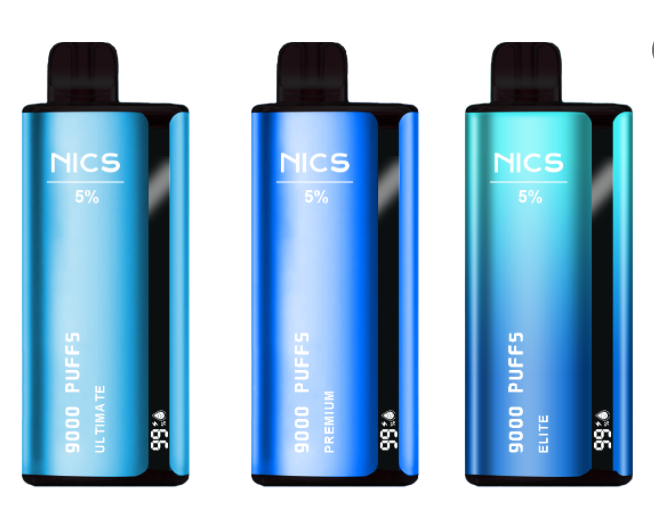Malaysia's proposed tax would strengthen the Black Market
2022-03-27
The excitement of last week’s news that Malaysia intends to legalize nicotine vaping has been dampened by details of the finance ministry’s plan. The government is proposing a tax rate so high it would have significant unintended consequences.
The e-liquid tax rate included in the government’s 2022 budget is 1.20 Malaysian ringgits per milliliter. One ringgit (RM) is equivalent to 24 U.S. cents, so RM 1.20 equals $0.29/mL—three times the current RM 0.40 tax on zero-nicotine vape juice. The tax is set to take effect Jan. 1, 2022—even though Malaysian law currently prohibits non-prescription nicotine sales.
The proposed rate would mean a tax of RM 72 on a 60 mL bottle of e-liquid, or about $17. Such a high tax rate would prevent many vapers from purchasing legal e-liquid brands, and instead force them to continue buying on the black market. In addition to encouraging an already-thriving illicit market, such an extreme vape tax would dissuade people who smoke from switching to vaping.
“We hope the government can consider reviewing the tax rate that has been set because it is quite high,” Malaysian Vape Industry Advocacy (MVIA) president Rizani Zakaria told The New Straits Times. “The increase in tax will make vape products more expensive than tobacco cigarettes in Malaysia.”
The current Malaysian prohibition on sales of nicotine-containing liquid is widely ignored. According to some recent estimates, illegal products make up 80 percent of the existing market. The government already imposes a 10 percent excise tax on devices and RM 0.40/mL on (zero-nicotine) vape juice, but excise tax collection is probably spotty at best for gray market products, and non-existent for black market e-liquid.
Meanwhile, as vaping consumer and trade organizations try to persuade the government that an excessive tax won’t be helpful to anyone, anti-vaping organizations in Malaysia are demanding the government reverse itself and leave the current ban on nicotine products in place.
A joint statement issued Oct. 30 by 43 public health, medical and child welfare groups urges the Malaysian Parliament to demand the health ministry reconsider its plan. Signatories include the National Cancer Society of Malaysia, Malaysian Women’s Action for Tobacco Control and Health, Malaysian Pharmacists Society, and Malaysian Association of Environmental Health.
“This decision goes against the World Health Organisation (WHO) warning last year, that electronic cigarette have been scientifically proven to affect its users,” says the statement, according to The New Straits Times.






















































